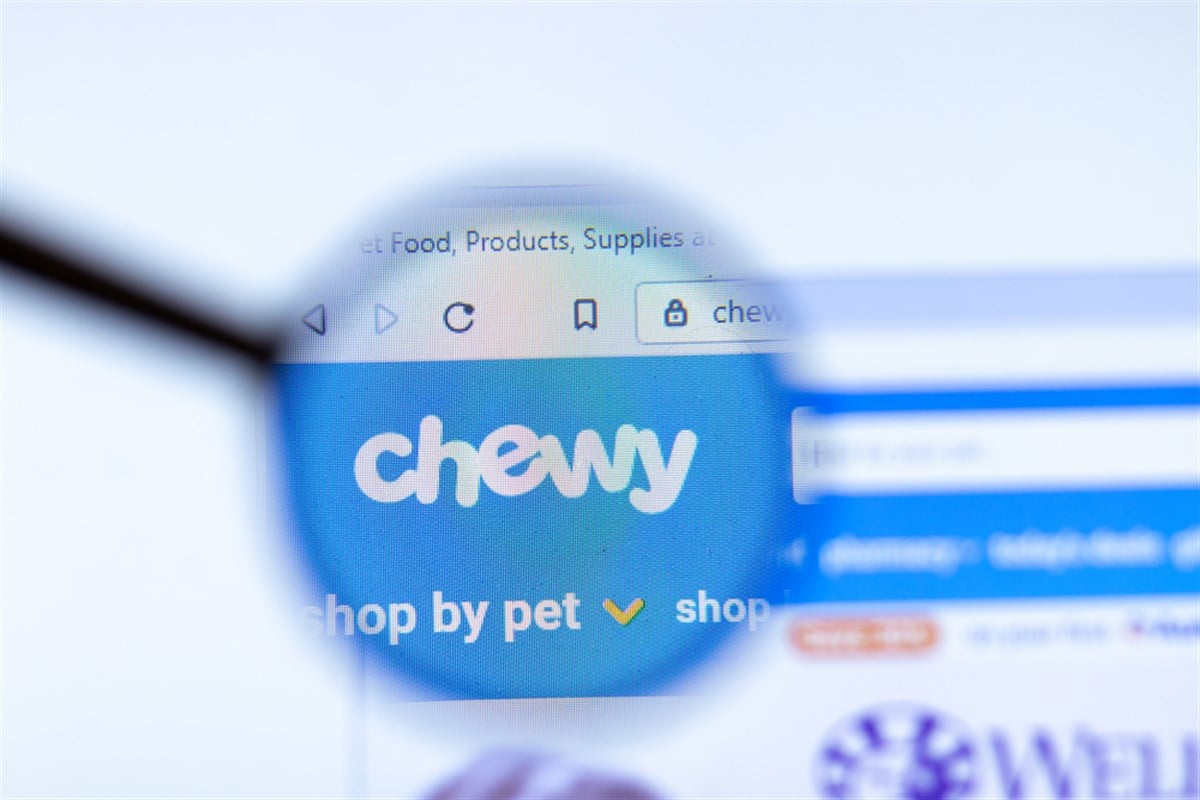
It's easy to get lost in the market hype that was experienced for most of 2023, the VIX is at its lowest level since 2019 and the S&P 500 just hit a new 52-week high, talk about confidence! The truth is, there are plenty of reasons to be confident today, but unfortunately, it is just as easy to get lost.
The United States GDP has pushed two consecutive quarters of real growth (real as in adjusted for inflation), which is nothing close to what economists have been expecting, considering the FED's actions to slow down the engine's RPMs. However, you should know that the consumer - service - economy pushed the nation forward.
In that same period of growth, the SPDR S&P Retail ETF (NYSEARCA: XRT) has outperformed the broader S&P 500 by as much as 4.7%. Connecting the retail stocks universe with the service economy will lead you straight to Chewy (NYSE: CHWY), but more on why in just a bit.
Easy connections
When you think of the consumer economy and the increased sentiment and activity surrounding the retail stocks space, you may think of other names far away from Chewy, maybe like Amazon.com (NASDAQ: AMZN) or Etsy (NASDAQ: ETSY), both of which are more directly dependent on the retail consumer.
There's only one problem: if you can come up with this list in less than five minutes, so can everyone else. You are not the average investor, so you must be here to find out where going the extra mile gets you, and it rhymes with a little pet company called Chewy.
But before you jump into this company and its case of acute upside, you should understand what can lead you to this potential investment in the first place, so here's a chat with the U.S. economy itself:
GDP expanded, as you now know, yet the ISM Manufacturing PMI (a measure of business activity) has shown nearly 6 months of consecutive contractions, so the growth could not have come from the manufacturing side of the economy. No, it must have come from its twin, the services side.
Having a reading of over 50.0 for some months now, the index indicates that the services economy has been steadily expanding. And whether you like it or not, all other companies like Amazon.com and Etsy can and likely do suffer from some cyclicality once in a while.
Chewy? You cannot be seriously considering the cyclicality of this business. Maybe you own a pet or don't, but it would be hard to imagine a pet owner skipping on buying their furry companions toys for being a good boy/girl, let alone food!
Suddenly attractive
As there are still some bears out there looking to spoil the party after these recent rallies across markets, it would be wise to stick with a 'defensive' type of business like Chewy, that's fancy for companies whose products tend to be immune to the cycle.
This wisdom has expanded across markets, especially when comparing where Chewy sits today relative to its sector peers. On a price-to-earnings basis, Chewy is valued at 31.1x, representing a premium of 35.2% over the group's 23.0x average.
'It must be expensive for a reason' bingo! Remember the whole cycle immunity cut? Analysts made sure to have it front and center when making their earnings projections for the company.
While Etsy analysts expect EPS to contract by almost 6.0% in the next twelve months, Chewy analysts are projecting an advance of up to 22.8%, which also happens to be almost double the group's 12.6% average expected growth.
It should be no surprise when you find out that the upside analysts are assigning to Chewy stock sits at 88.8% from today's prices based on a $35.3 share price target. Try comparing that to Etsy's sad $89.3 price target, showing only a 7.6% upside. Might as well buy treasury bonds!
That is why it is more expensive than the group's average valuations. Growth is about to come beating around, likely surprising a few analysts with an EPS beat. While nothing is set in stone, it all begins to make sense when you keep the fundamentals in mind.
Chewy may not be at the center of GDP growth. Still, it has sided with the right side of the economy. Even with the possibility of downside, its very nature still offers you significant upside with the non-cyclical protection your portfolio desperately needs.





